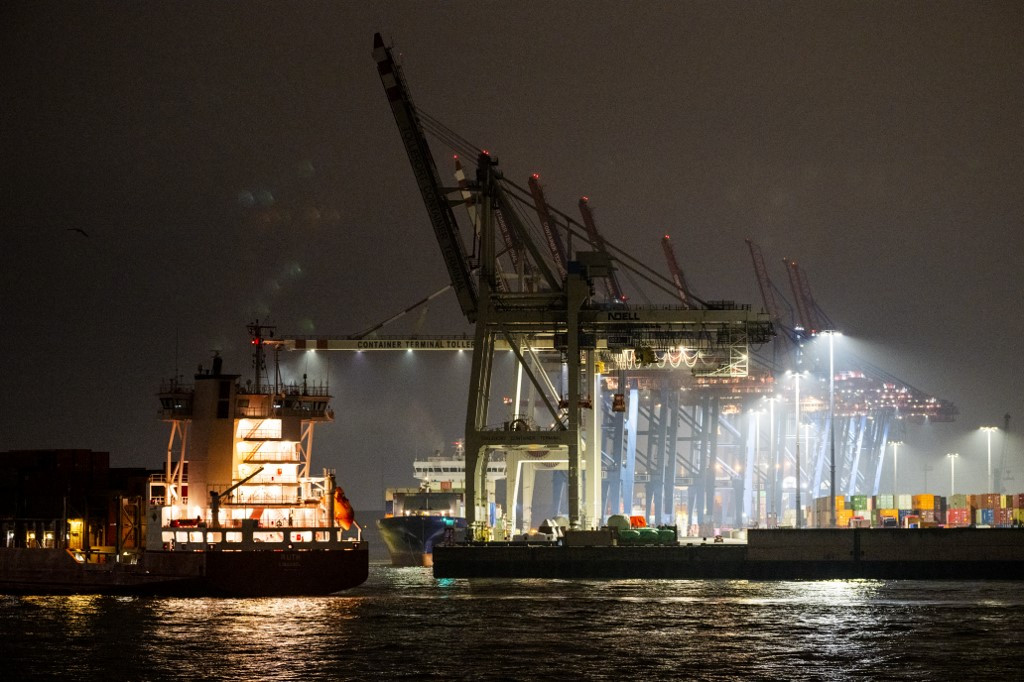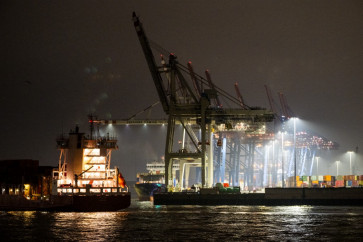Popular Reads
Top Results
Can't find what you're looking for?
View all search resultsPopular Reads
Top Results
Can't find what you're looking for?
View all search resultsCaught between powers: Europe’s two-front trade war
As the United States and China wage trade wars against it, the European Union finds itself on uncharted terrain.
Change text size
Gift Premium Articles
to Anyone
A
s the United States and China wage trade wars against it, the European Union finds itself on uncharted terrain. It must now devise battle plans that account for the vast differences, and important similarities, between the two confrontations.
The trade war with the US came as something of a shock, though it should not have, given President Donald Trump’s open hostility toward the EU and fundamental misunderstanding of trade dynamics. Trump complains about America’s trade deficit with the EU, but that deficit extends only to goods. In services, the US runs a surplus with Europe. And Trump’s tariffs amount to shooting the US economy in the foot while doing nothing to reduce current-account imbalances, which primarily reflect America’s low savings rate.
This is not just a trade matter, but a political one. The Trump administration is seeking to intimidate, and extract concessions from, Europe, even at the risk of endangering US growth. Trump is probably convinced that the Europeans will cave, allowing him to boast domestically about an easy “victory.”
The trade war with China is both less surprising and more dangerous, representing an existential challenge for the European economy. Since its 2001 accession to the World Trade Organization, China has caught up with the advanced economies on productivity, but not in terms of wages and social standards. So, while China is at the frontier of innovation in many industries, its labor costs remain much lower than in the richest countries.
This combination of Silicon Valley-level technology, developing-economy labor costs and the vast workforce of one of the world’s most populous countries makes China a formidable adversary. Large parts of European industry are under threat. It is no longer just about steel and aluminum. The competition extends to cars, chemicals, pharmaceuticals, machinery and many other items.
Like US tariffs, China’s actions are shaped significantly by political considerations. By accumulating industrial overcapacity, a key source of trade tensions with Europe, China’s regime is seeking to project its power externally and maintain control of its own people. This explains why repeated calls for rebalancing toward domestic consumption, which would boost Chinese living standards, remain unanswered by China’s leaders.
The Greek historian Polybius attributed the fall of the Greek city-states to the Roman empire not to a lack of resources, but to outdated political systems, a lack of unity and complacency. So, while China’s rise fuels concern in the US about the “Thucydides Trap”, whereby the incumbent hegemon’s fear of a rising challenger leads to war, it also raises the specter of the “Polybius Trap” leading to Europe’s decay.



















